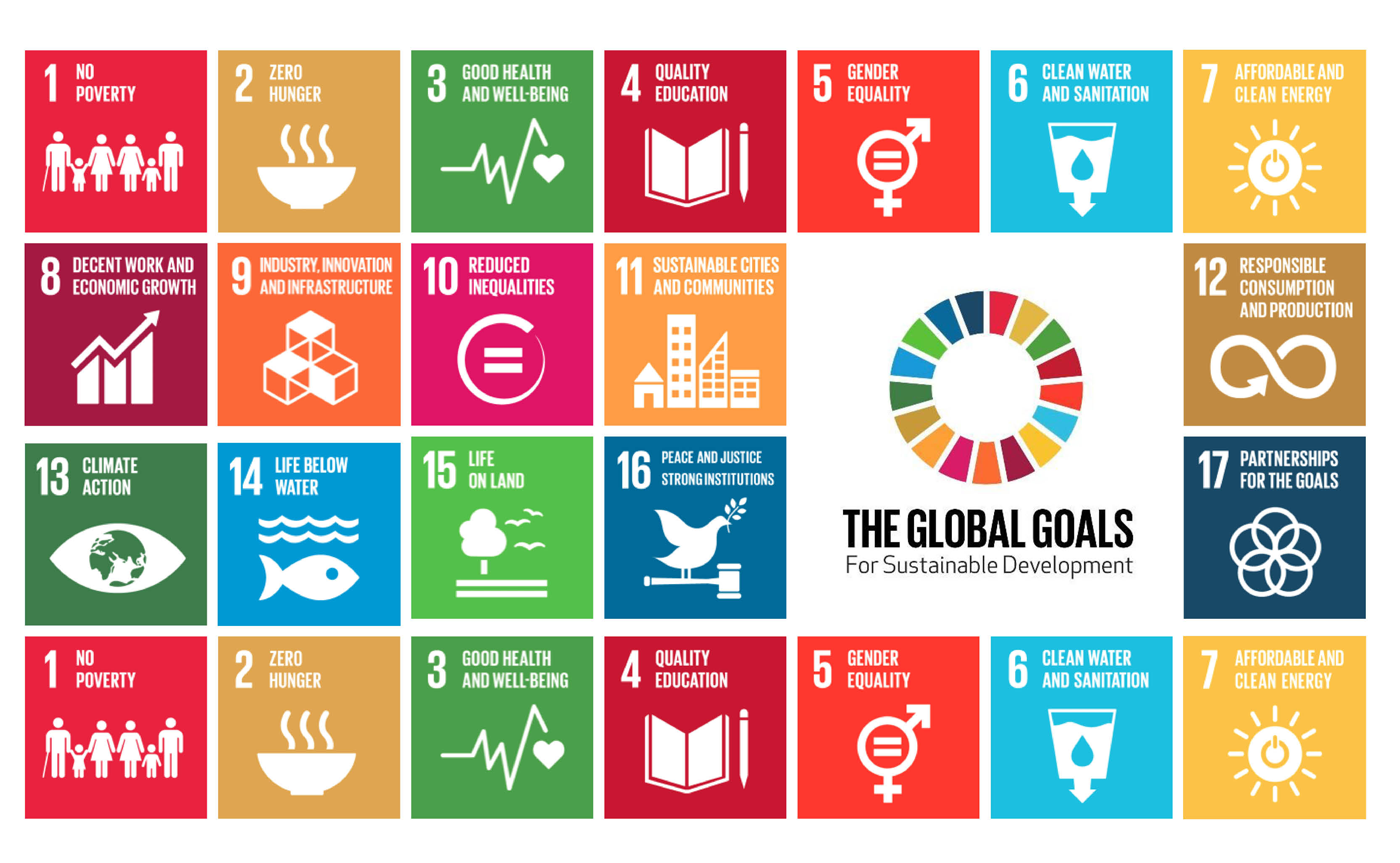In September 2015, countries adopted a set of Sustainable Development Goals (SDGs) to end poverty, protect the planet and ensure prosperity for all.
Immunisation is one of the best buys in global health and has a crucial role in achieving 14 of the 17 SDGs. As one of the most far-reaching health interventions, it closely reflects the ethos of the SDGs: “leaving no one behind”.
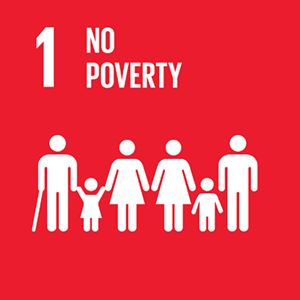
HEALTHY CHILDREN & FAMILIES = INCREASED PROSPERITY
Immunisation provides a platform for delivering nutrition interventions and work hand in hand with good nutrition to help reduce child mortality. Vaccine-preventable diseases could tip children into a malnourished state as they impair the absorption of essential nutrients. Malnourished children are more likely to die from infectious diseases such as diarrhoea, measles and pneumonia, many of which can be prevented by vaccines.
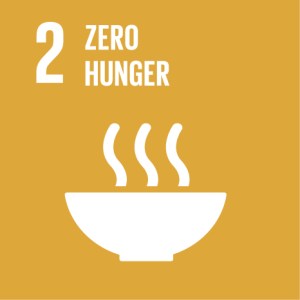
IMMUNISATION + NUTRITION = HEALTHIER FAMILIES
Immunisation and good nutrition go hand in hand. Vaccine-preventable diseases often tip marginally nourished children into a malnourished state. Malnourished children are more likely to die from infectious diseases such as diarrhoea, measles and pneumonia, many of which can be prevented by vaccines.
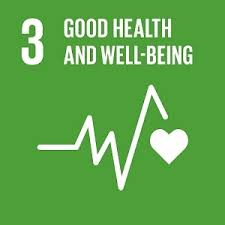
IMMUNISATION = HEALTHY LIVES & WELL-BEING
Immunisation is one of the most cost-effective ways to save lives and promote good health and well-being. Every year, vaccines save 2-3 million lives, and millions more are protected from disease and disability. It routinely reaches more households than any other health service and brings communities into regular contact with the health system. This provides an effective platform to deliver other primary health care services and upon which to build universal health coverage.

VACCINES = IMPROVED LEARNING
Immunisation increases educational attainment since vaccinated children learn more while they are able to go to school and perform better, positively impacting on cognitive development as well as long-term productivity. Moreover, schools are a platform for health promotion, delivery of vaccines and other health services. The benefits flow both ways: children of educated parents have a greater chance of being immunised and well-nourished and thus enjoy better health.
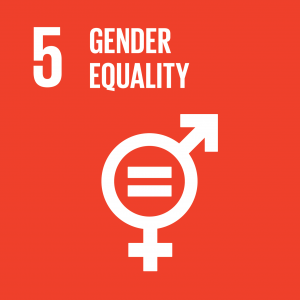
IMMUNISATION = EMPOWERED WOMEN AND GIRLS
Immunisation is a gender-equal intervention. Globally, girls and boys are immunised at similar rates. However, there are varia- tions at sub-national levels and in some countries because a range of different barriers inhibit women’s ability to access healthcare for their children. Gavi supports countries to make focused efforts to identify and address gender-related barriers to immunisation services, such as through training female health workers, as empowering women is critical to improving child vaccination coverage.
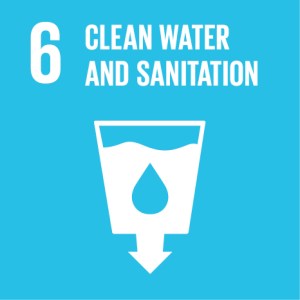
WASH + VACCINES = LESS DISEASE
Vaccines, along with clean water, sanitation and hygiene (WASH), are proven interventions to prevent diarrhoeal diseases, a leading cause of child mortality in developing countries. Investments in oral cholera and rotavirus vaccines, WASH and health systems form an integrated approach to help eliminate diarrhoeal disease.
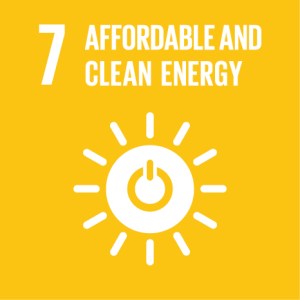
EFFICIENT EQUIPMENT = CLEANER ENVIRONMENT
Immunisation brings newer, cleaner and more sustainable technology to developing countries’ health systems. For instance, Gavi’s cold chain equipment optimisation platform gives countries access to solar and energy efficient refrigeration, which is not only more reliable and cost-effective but also more environmentally friendly. Our support includes vaccine monitoring devices that ensure optimum energy usage and reduce wastage.

HEALTHY POPULATION = MORE PRODUCTIVE WORKFORCE
Investment in human capital can dramatically strengthen a country’s competitiveness. Vaccinated, healthy children grow into a productive workforce and become strong contributors to the economy. In addition, healthy children free up parents’ time so they are able to work. In Gavi-supported countries, every US$ 1 spent on immunisation generates US$ 54 in broader societal benefits of people living longer and healthier lives.

HEALTHY VACCINE MARKET = INNOVATION
Gavi makes vaccine markets work better by attracting more suppliers, dramatically reducing vaccine prices and ensuring more equitable and sustainable access to vaccines and other innovative products that meet developing countries’ needs. Since our inception in 2000, we have contributed to a significant increase in new manufacturers supplying vaccines for Gavi and the majority of the vaccine doses we procure are manufactured in developing countries.

BETTER HEALTH = INCREASED EQUALITY
Immunisation protects the health of communities, reduces the number of people forced into poverty, and gives children an equal chance of a healthier and more productive future. By focusing on the under-served communities and unimmunised (“zero dose”) children in the poorest and most marginalised populations, especially the urban poor and those living in remote rural settings and conflict areas, Gavi brings immunisation and primary health care services to those furthest behind.

IMMUNISATION = HEALTHIER CITIES
By 2050, nearly 70% of the global population will be living in urban areas. The number of people living in slums or informal settlements has also grown to over 1 billion, many of whom lack access to basic health services. Strengthening urban immunisation programmes protects them against the increased risk of disease outbreaks and is an opportunity to bring integrated preventative services to urban and underserved communities.

VACCINES = MITIGATION OF CLIMATE CHANGE IMPACT
The impact of climate change cuts across health and well-being, livelihood, and security of people, particularly for the poorest and most vulnerable communities, such as people on the move. Immunisation is critical to building people’s and systems’ resilience to and reducing the risk of outbreaks due to climate-sensitive diseases, such as yellow fever, cholera and Ebola, particularly in urban, fragile and post-disaster settings.

STRONG HEALTH SYSTEMS = LONG-TERM STABILITY
Effective, safe, and people-centred health systems are the backbone of social institutions in every country, and immunisation is often the first point of contact between these systems and the population. Through Gavi support, countries’ efforts to improve equitable access to vaccines contributes to building public trust, stronger social cohesion, peaceful and inclusive societies.

INNOVATIVE PARTNERSHIP = UNPRECEDENTED PROGRESS
Leveraging the comparative advantage of each partner, the Vaccine Alliance’s innovative public-private partnership model has transformed global progress by accelerating equitable and sustainable access to vaccines both at scale and pace. Since 2000, Gavi support has helped countries immunise more than 760 million children. This has helped to reduce deaths from vaccine-preventable diseases by more than 60 per cent and played a key role in halving the under-five mortality rate in those countries.

